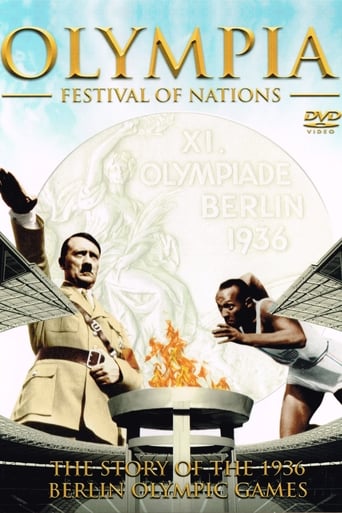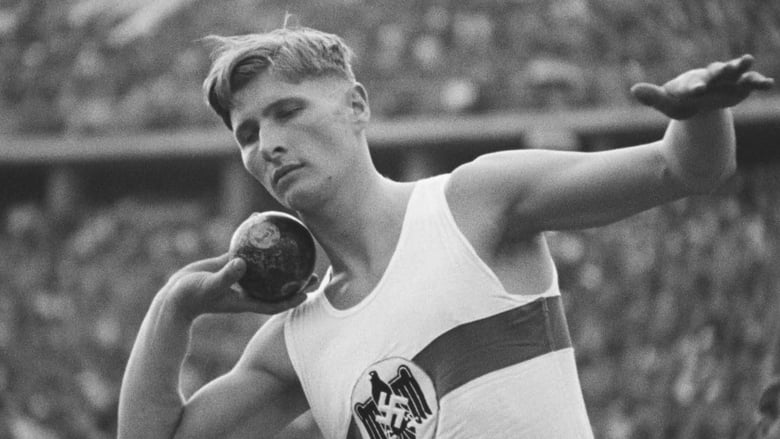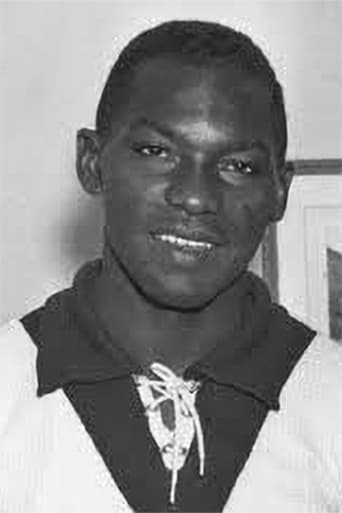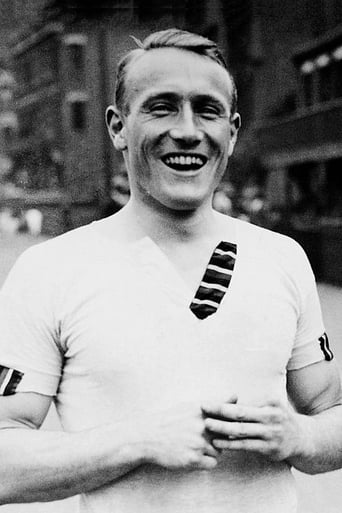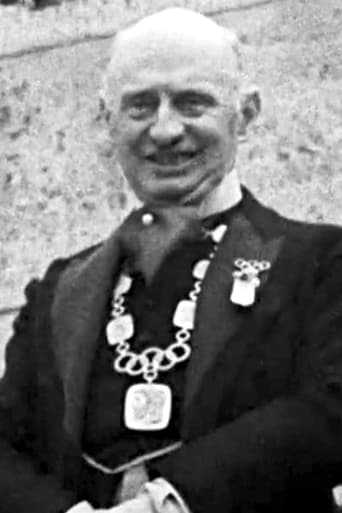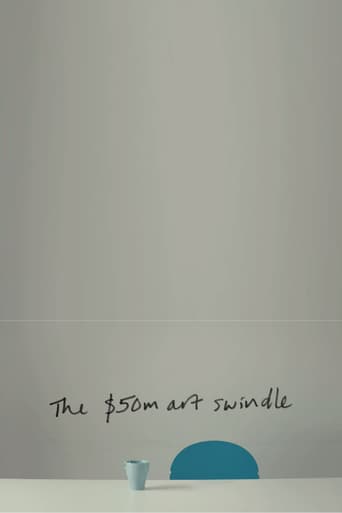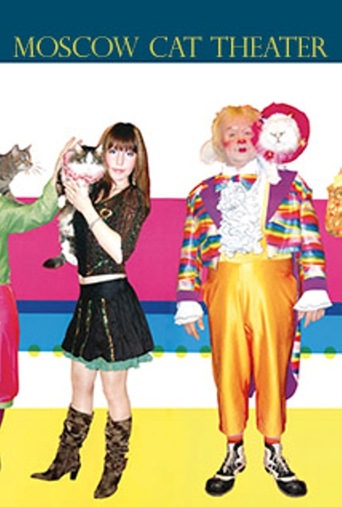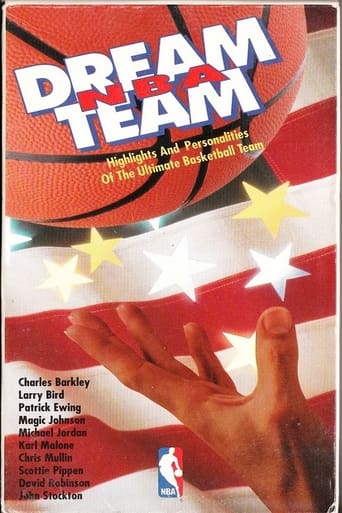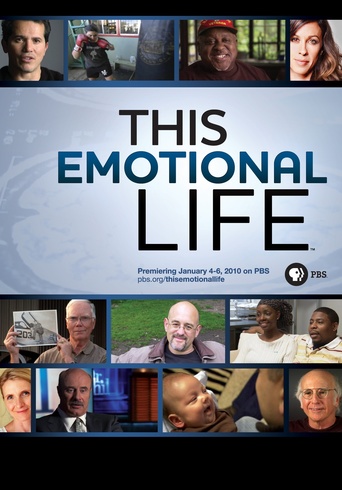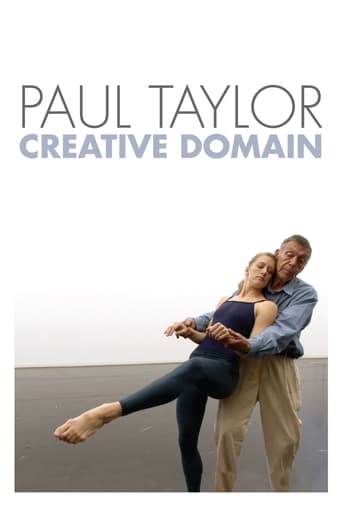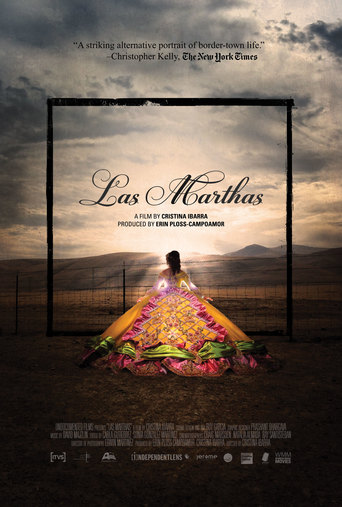Olympia Part One: Festival of the Nations (1938)
The First part of Olympia, a documentary about the 1936 Olympic games in Berlin by German Director Leni Riefenstahl. The film played in theaters in 1938 and again in 1952 after the fall of the Nazi Regime.
Watch Trailer
Cast
Similar titles
Reviews
Fresh and Exciting
Pretty good movie overall. First half was nothing special but it got better as it went along.
The film never slows down or bores, plunging from one harrowing sequence to the next.
This is one of the best movies I’ve seen in a very long time. You have to go and see this on the big screen.
I found this German film in the book 1001 Movies You See Before You Die, it was made in three versions, in German, English and French, and you can watch it as a full 3 hours 26 minutes movie, or in two parts, written, directed and produced by Leni Riefenstahl (Triumph of the Will). Basically Olympia, or Olympiad, was the first documentary feature film of the Olympic Games ever made, documenting the 1936 Summer Olympics, held in the Olympic Stadium in Berlin, Germany, this was during the time of Nazi Germany, under the dictatorship of Adolf Hitler, obviously the Olympics Games of 1940 and 1944 were cancelled due to World War II. Festival of the Nations opens with images of Greek ruins, and Olympian statues, including The Discobolus of Myron and a nude dancer (Leni Riefenstahl), coming to life and doing sporting events. Then the games begin, with the ringing of the large Olympic bell, the many countries entering the arena, most giving the Nazi salute, the country flags are raised, the Olympic flag is raised, Hitler declares the games open, doves are released, the torch relay reaches the stadium, the cauldron and Olympic flame are lit, and the Olympic rings appear. Commentators from around the world cover the many sporting events, the sports included in Part One are discus, javelin, sprinting (one with a false start, running before the gun), hurdles, hammer throw, high jump, shot put, pole vault, marathon and long jump. In Part One, spectators seen in the audience include Adolf Hitler, Wilhelm Frick, Joseph Goebbels, Hermann Göring, King Umberto II and Werner von Blomberg, and athletes seen competing include USA's David Albritton, GB's Jack Beresford, USA's Glenn Cunningham, Canada's Philip Edwards, GB's Donald Finlay, Germany's Tilly Fleischer, GB's Ernest Harper, Germany's Karl Hein, USA's Cornelius Johnson, USA's Ralph Metcalfe and USA's Jesse Owens. The film was commissioned by Hitler "as a song of praise to the ideals of National Socialism", Riefenstahl was supplied with 30 cameramen, as well as planes and airships, the film is obviously full of bad taste material for modern audiences, but with interesting sporting events, and more importantly groundbreaking filming techniques, including unusual camera angles, smash cuts, extreme close-ups, tracking shots and aerial shots, it is considered one of the best documentaries ever made. Very good!
OLYMPIA was split into two parts for its German release, but amalgamated into one elsewhere. I saw the amalgamated version, in which the principal focus of attention centered on the athletics. Riefenstahl's photography is quite outstanding; her sense of camera placement impeccable; her ability to define the individual in relationship to environment cannot be questioned. As a study in the human body and its potential, OLYMPIA cannot be faulted. However there is perhaps less to OLYMPIA than meets the eye: viewers looking to the film as a source of Nazi propaganda are likely to be disappointed. True, there are shots of Adolf Hitler clapping approvingly at German athletes winning gold medals; and shots of the swastika being raised during various ceremonies; but the film in this version adopts an even-handed approach to its material. The only suggestion of politics comes when the British and American athletes refuse to adopt the Nazi salute, both during the opening ceremony and during medal ceremonies; rather they salute as they might have done if they were acknowledging superior officers in the Army. As a record of a unique event, OLYMPIA cannot be faulted, but perhaps it should be treated first and foremost as a sports documentary rather than a piece of political propaganda.
Since the 1936 Olympics was pretty much one big propaganda event for Hitler-Germany, this documentary about it can also be seen as a piece of propaganda. You could say that it's just a recording of the event and it doesn't glorify Hitler and Nazism. It show a bit too much of Hitler and his friends than really necessary and it glorifies the German athletes more with its images than with most other athletes is the case. The 1936 were used as a medium to show the supremacy of the Aryan race and show the German athletes as Übermenschen.Besides being known as the Nazi-propaganda Olympics, the 1936 Olympics are of course also known as the Olympics of Jesse Owens. The black American who won 4 golden medals. A clear booing and whistling can also been heard during the first running that he won and during some of his other wins and attempts, while all other athletes got cheered at, no matter were they were from. This didn't only happened to Jesse Owens though, since he of course wasn't the only black athlete at the Olympics who won a medal.They didn't used only footage from the actual Olympics but some of the images were obviously added later into it. I'm not just talking about the movie its intro but also of the actual sporting events. This can be the drop of a spear or discuss and things like that. It's obvious that it's all added later and that the movie is edited in such a way that it's obvious that at times the crowd reactions and all don't really go with the images but for artistic reason it obviously works out well for the movie. It often gives the movie some diversity and more pace as well.The documentary shows the most important attempts and athletes and of course the wins of all events. It often uses multiple camera-angels for this and some slow-motion as well.There is no denying in it that Leni Riefenstahl was a very talented documentary maker though it of course it remains a shame that she mostly used her talent for making Nazi propaganda pieces, despite always having denied she was a Nazi sympathizer herself. It gives her documentaries a bit of a bitter taste, no matter how technical well made and revolutionary they all are. She gets very much appreciated and recognized as a pioneer in documentary making but she also gets hated at the same time. It doesn't really make her documentaries any less great to watch though. It's always something beautiful, renewing and just unforgettable.8/10http://bobafett1138.blogspot.com/
Even though this film is pretty much a propaganda piece, it is still one of the great sports documentaries of all time. Leni Reifenstahl perfectly captures a moment in time when the worlds of sports and politics collide. Hitler was trying to use these games to push his ideology of Aryan superiority, but because of Jesse Owens that idea went down the tubes. But, this film also succeeds because it captures all the great moments of these games. This film is definitely a must see not only for sports fan but for students of history as well.
